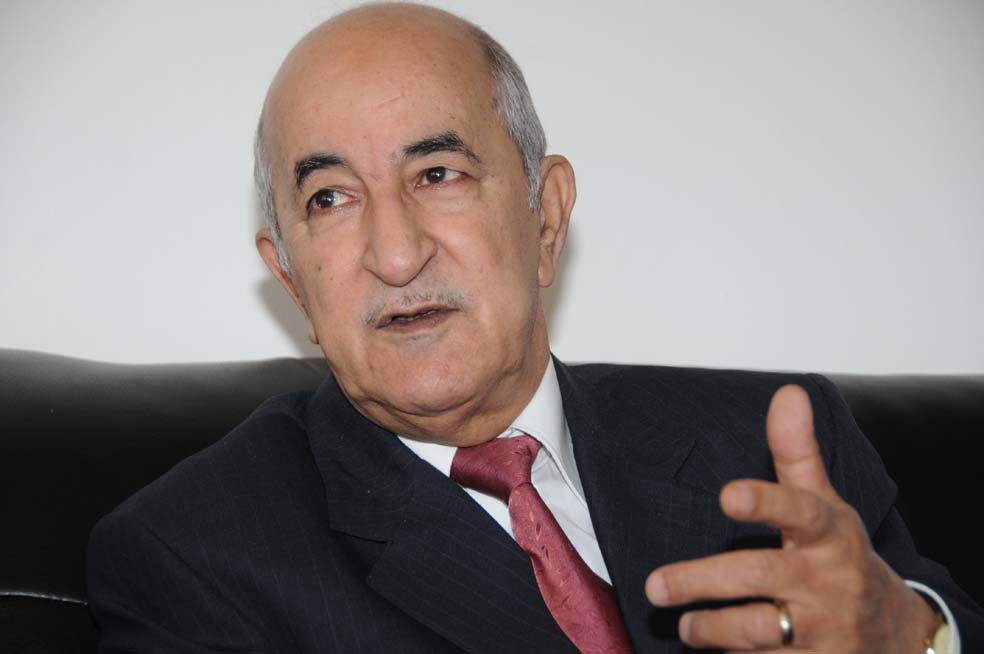Algeria- Algeria posted a trade deficit of $4.84 billion in the first half of 2017, down 54.1 percent from a year earlier when it amounted to $10.57 billion, due to better energy earnings, but its imports bill remained high despite restrictions, official data showed on Sunday.
The deficit decline pushed up the coverage of imports by exports to 79 percent from 56 percent in the January-June period of 2016, according to customs figures.
Oil and gas exports, which accounted for 95 percent of total sales abroad, rose 38.3 percent to $17.19 billion in the first six months of 2017.
The value of overall exports rose 36.2 percent year-on-year to $18.14 billion, while imports fell 3.8 percent to $22.98 billion, the figures showed.
As part of broader reforms to tackle the fall in revenues and cut public spending, the government approved import restrictions since global crude oil prices started falling in mid-2014, a drop that has significantly hit the state finances.
It aims to cut imports by $15 billion in 2017 from last year’s $46.72 billion and expects energy revenues to reach $35 billion compared with $27.5 billion in 2016.
Prime Minister Abdelmadjid Tebboune announced in March 2017 that “all materials entering Algeria are subject to a prior license to end the chaos in the market.”
According to the government, the policy of the government to impose import restrictions have yielded positive results as the value of imports has declined from $66 billion in 2014, in the beginning of the oil crisis, to $35 billion in 2016.
The government’s target was to end 2017 with just $30 billion in imports.
